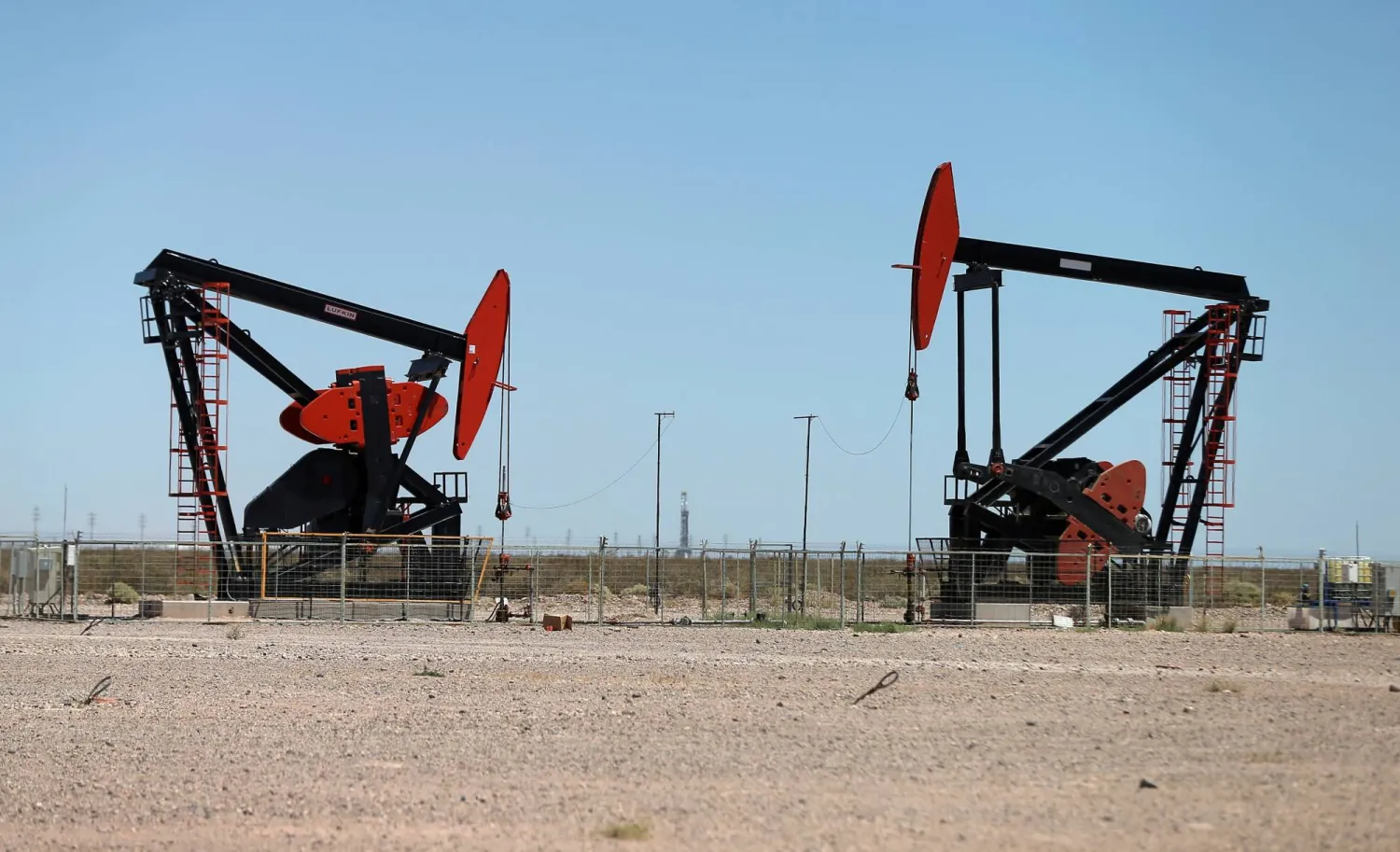Oil prices dipped on Thursday as a surprise build in US stockpiles fueled fears about slow demand from the world's top oil consumer, though declines were capped by worries a potential expansion of the Gaza war may disrupt Middle East supplies.
Brent crude oil futures were down 6 cents, or 0.1%, at $85.19 a barrel, as of 0635 GMT. US West Texas Intermediate crude futures dropped 10 cents, or 0.1%, to $80.80 per barrel, Reuters said.
Both benchmarks had settled slightly higher on Wednesday.
"An expected increase in US inventories of crude oil and gasoline are weighing on the market due to fears of weakening demand," said Tsuyoshi Ueno, senior economist at NLI Research Institute.
"But the market is in a tug-of-war situation, underpinned by the prospect that an escalation in the battle between Israel and Hezbollah may hinder supply," he added.
The US Energy Information Administration (EIA) reported a 3.6 million barrel jump in the country's crude oil stocks last week, surprising analysts polled by Reuters who had expected a 2.9 million-barrel drawdown.
US gasoline stocks also rose by 2.7 million barrels, compared with analysts' expectations for a 1 million-barrel draw.
Product supplied for motor gasoline, a proxy for demand, fell by about 417,000 barrels per day last week, to 8.97 million bpd. The four-week average for demand is about 2% under last year's levels.
"We believe the market's upside is limited by weak US gasoline demand despite the peak summer driving season kicking in," said Emril Jamil, a senior analyst at LSEG Oil Research.
Gasoline margins, reflected by the crack spread between gasoline to Brent and WTI, have trended lower after peaking in March at the $30s-per-barrel range, Jamil said.
"This weakness is further compounded by sluggish diesel demand both in Europe and the US, with margins falling since last August," he added.
Meanwhile, worries of the Gaza war spreading to Lebanon limited price declines.
In the Middle East, cross-border strains between Israel and Lebanon's Hezbollah have been escalating in recent weeks, stoking fears of an all-out Israel-Hezbollah war that could draw in other regional powers, including major oil producer Iran.
Turkish President Tayyip Erdogan said his country stood in solidarity with Lebanon and called on regional countries' support.
Israeli forces pounded several areas across Gaza on Wednesday, and residents reported fierce fighting overnight in Rafah in the south of the Palestinian enclave.
Oil Eases as Stock Build Raises Specter of Slower US Demand

FILE PHOTO: Oil pump jacks are seen at Vaca Muerta shale oil and gas drilling, in the Patagonian province of Neuquen, Argentina January 21, 2019. REUTERS/Agustin Marcarian/File Photo

Oil Eases as Stock Build Raises Specter of Slower US Demand

FILE PHOTO: Oil pump jacks are seen at Vaca Muerta shale oil and gas drilling, in the Patagonian province of Neuquen, Argentina January 21, 2019. REUTERS/Agustin Marcarian/File Photo
لم تشترك بعد
انشئ حساباً خاصاً بك لتحصل على أخبار مخصصة لك ولتتمتع بخاصية حفظ المقالات وتتلقى نشراتنا البريدية المتنوعة







